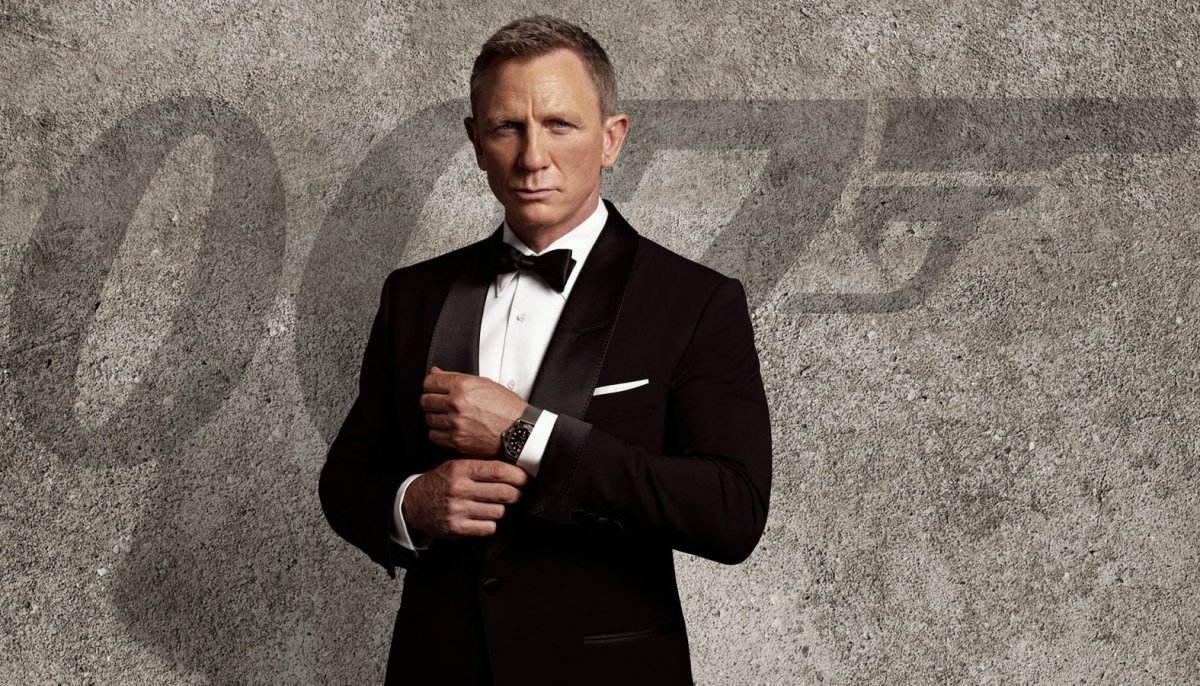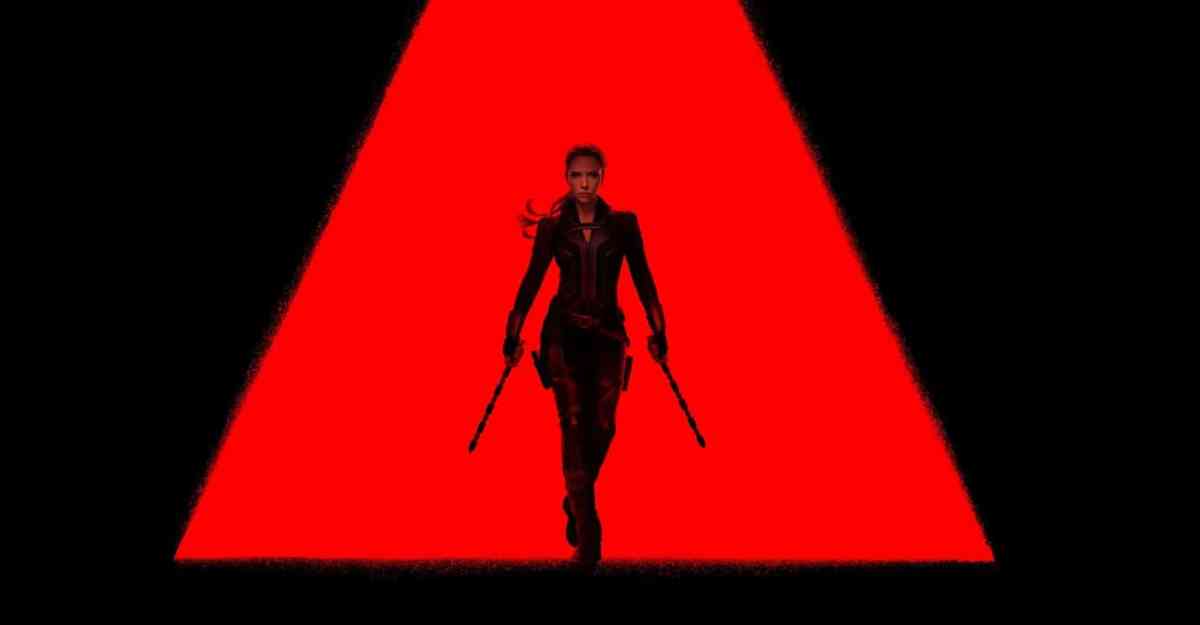
When you think “pro-gamer,” you’ve probably got some preconceptions of who that person is. This could be a negative personification, like some living amalgamation of all the worst elements of Xbox Live, or an aspiration as well. Who hasn’t thought on some level of wanting to “get paid to play games”? Experience has shown that pro-gaming is like most competitive scenes, it’s really those in the middle between casual and pro that act up. Most real pros are pretty down to earth.
Regardless, these gamers are at the core of the ever-expanding eSports scene. Team Captain Joey “Merk” Deluca from Team EnVyUs, who will be competing in the Major League Gaming Call of Duty U.S. Championships this weekend, said that getting onto the circuit took a lot of time and practice. He is only 20, and has already won prizes of $100,000 in a 2011 event, and $30,000 at a CoD tournament in April of last year. That’s nothing compared to the $1 million on the line if Deluca and EnVy place in the top 8 in this weekend’s tournament and advance to the Championships later in March. MLG will be streaming the tournament – being held at Full Sail University – all weekend over at MLG.tv starting at Noon on Saturday March 8.
Deluca’s competitive drive grew out of playing — and wanting to beat — games with his older brother back on the Nintendo 64. A little sibling rivalry apparently goes a long way. This carried through the subsequent console generations until he finally landed on Call of Duty 4 for Xbox 360. Through the introduction of an online friend, he got involved with MLG’s online competition site Gamebattles and started playing Call of Duty 4 competitively in 2008.
In his opinion, while there is a degree of natural talent involved, what really sets the best of the best above everyone else is their intelligence and adaptability. Hand-eye coordination will only take you so far, but it’s the ability to notice and mentally file away the little details that gives you an advantage and the best opportunity to win. A good sign of this would be being able to simply pick-up a game and have a more innate understanding of it than everybody else.
If that all sounds right up your alley, then he recommends the easiest route to be the same one he took. Sign up for MLG’s Gamebattles site and get comfortable competing at that level. Once you’re doing well there, you can move on to signing up and traveling to larger tournaments. There, you can really make a name for yourself.

Getting to that level is going to require a lot of practice though. As a tournament gets close, Deluca spends five to eight hours of high intensity playing for five to seven days a week to stay sharp. He said it is important to re-watch your games afterwards and to review and correct mistakes you might not notice in the heat of moment. Practice time can balloon up to eight to 10 hours in the face of particularly challenging or important events. Practice itself mostly consists of scrimmaging against other top teams, and playing in smaller events, but it also requires going over the maps and objectives with your team so you’re all on the same page.
Deluca said that, if you’re really dedicated, an avenue that assists in this team cohesion is team houses. These are simply homes where the team of gamers all live together, giving them opportunities that other teams don’t get, such as better practice sessions and the ability to connect and build chemistry with each other. Teams that have a good relationship outside of the game tend to play at their highest level inside the game, he said.
Once you’ve wrapped that all together, it’s time to execute it. The day of the event begins with good breakfast with the team, and time between matches is spent observing and scouting out the opponents.

When it is time for a match, a lot of folks will listen to music to psyche themselves up, but Deluca prefers to warm up and focus on the game. He uses the time to think about who he’s playing, how that opposing team plays and talk through all the things the team went over in practice. Playing under the cameras can be a daunting experience and quite different from playing from the comfort of home. I’ve even witnessed gamers bring pillows and other items to replicate their home environment in some small way, but Deluca takes it in stride. While it might take a few games for some people to adjust, he said that once you’re up there, your adrenaline never stops pumping.
Communication and a level head will help you and your team stay calm and execute on everything you went through in the countless hours of practice. It’s also important to not let emotions get to you. Getting angry or frustrated in one match can easily lead to blowing the next game. Whether all that hard work wins the trophy or not, ultimately for Deluca, it’s about making some time for the fans and spectators attending the events.
A lot more goes into being a competitive player than just being good at a particular game. It really starts with having the drive to get better. It’s that fuel that makes you willing to invest the time needed. Even if you’re able to put in the time, you still need to get connected with the right group of players. Then you practice your brains out, come together as a team, and hope you have what you need to succeed.
On the following page is a transcript of our conversation, just in case you want it directly from Deluca.
The Escapist: What kind of games did you grow up on?
Joey Deluca: Growing up I played N64 with my older brother. I think that’s where my competitive drive came from, I always wanted to beat my brother and impress his friends. As I got older I kept getting the newer consoles until I played COD4 on 360 and that’s where I started playing competitively.
Was there a moment when you realized that you were naturally that much better than everyone or is it something you constantly have to work towards?
I think that there are some people who are naturally better at video games, I don’t think it has to deal with the skill of the person but more of the person’s ability to pick up a game and understand it better than anybody else.
How did you get started in competitive gaming?
I got started in 2008 when I was playing Call of Duty 4 on Major League Gaming’s online competition site Gamebattles.
Was the competitive scene something you were always aware of or did you get introduced into it?
I got introduced to it by one of my buddies who I met online. I signed up on the website and started my competitive career on there.
What drove you into wanting to get involved?
The more I played the more I wanted to get involved. I learned so much about different games and different scenes. I would watch all of the events and just think to myself how much I wanted to do what these people were doing.
In your opinion, what sets apart a pro-player from just your average good player?
I think hand eye coordination are very important but what a lot of people over look is the intelligence of the top players. The top players are able to notice so many little things in game and make mental notes on them. This allows them to take advantages over other players and give them the best opportunity to win.
If someone wanted to get into competitive play what would you say is the best route?
The easiest route to take is the same way I did. Sign up on MLG’s Gamebattles site, and get comfortable with the competitive scene. Once you can compete at the top of those ladders players should then move towards signing up for tournaments and traveling to them. These big tournaments are way you make a name for yourself.
How do you prepare for a tournament?
Is there more emphasis on practice, scouting or any attempts to break the meta?- When it gets close to a tournament you want to practice at a high intensity for 5-8 hours a day. It’s very important to re-watch your games afterwards and fix mistakes. Lastly, I think it’s important to do your research and try to see what your opponents are doing and how they are playing so you can counter them at the tournament.
What’s your view on team houses and can you explain a team house for those unfamiliar?
Team houses are very important for practice and chemistry. A team house is a house where a group of gamers lives. This gives those team opportunities other teams don’t have. It is very important to get the best practice you can for a tournament and that was what team houses give. Secondly, you build chemistry with everyone on your team. It is very important to connect with your teammates outside of the game. Teams who have good relationships outside of the game tend to play at their highest level inside the game.
How often and how much do you practice?
We try to practice 5-7 days a week. The amount of time changes depending on how close the next tournament is. This can be a smaller amount of 2-3 hours a day and go all they up to 8-10 hours a day.
Is practice mostly scrimmaging or do you experiment and look for specific map features and such?
Practice consists of playing other top teams, as well as playing smaller tournaments to play at that higher intensity. When we aren’t playing, it’s good to get just the team in a private lobby and go over the maps and objectives so that we are all on the same page.
Do you have time for other game titles?
There is time for other titles. Myself I play games like League of Legends and Diablo 3 if I have any spare time. I’m also looking forward to Titanfall.
Can you take us through what a day at an event is actually like?
A day at an event is wake up, eat a good breakfast with the team, watch other important matches so we can scout our opponents, and then play our matches. Every event I try to take time and interact with all of the spectators and fans that are attending the event.
Do you have anything you like to do before an important match to either psyche yourself up and/or calm yourself down?
A lot of people listen to music, I tend to just usually warm up and focus on the game. I usually think about who I am playing, trying to remember how they play in game, and talk about all the things we went over in practice with my team.
What’s it like playing on stage or under the cameras? Is it different from at home or do you tune it out?
It is very different but it is one of the best feelings in the world. It may take a few games for some people to adjust but once you are up there your adrenaline never stops pumping, it’s an awesome feeling.
What do you feel you bring most to your team?
I think I bring a huge amount of communication to my team and keep my team calm. It’s very important to not let your emotions get to you on a big stage and stay level headed.
What’s the best moment, besides winning or hoisting the trophy at a big tournament?
Spending time with fans and spectators at events.




Published: Mar 7, 2014 06:00 pm